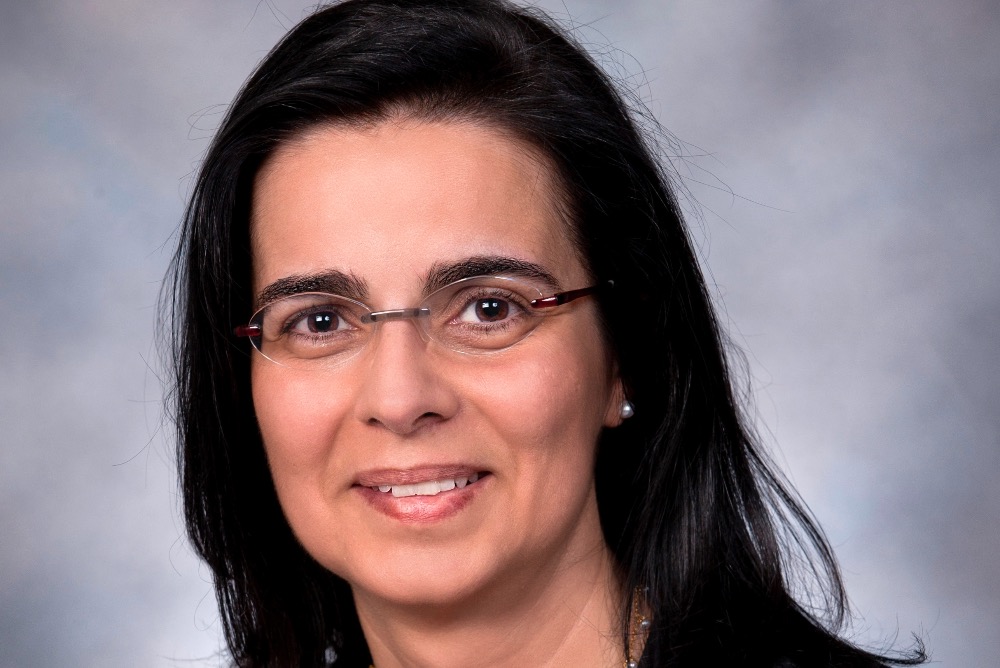Arts & Sciences Events
[PAST EVENT] Computer Science Distinguished Lecture Series Welcomes Professor Lydia Kavraki, Rice University

From Robots to Biomolecules: Computing meets the Physical World
Abstract
Over the last decade, the development of fast and reliable motion planning algorithms has deeply influenced many domains in robotics, such as industrial automation and autonomous exploration. Motion planning has also contributed to great advances in an array of unlikely fields, including graphics animation and computational structural biology.
This talk will present approaches that can be applied to general robotics systems in order to produce motion plans that satisfy high-level specifications. High-level specifications declare what the robot must do, rather than how this task is to be done. This line of research research explores the links among formal methods from logic and verification, classical motion planning from robotics, and task planning from artificial intelligence. Although research initially began in the realm of robotics, the experience gained has led to algorithmic advances for analyzing the shape and function of proteins, the worker molecules of all cells. The talk will conclude by discussing robotics-inspired methods for computing the flexibility of proteins and for molecular docking with the ultimate goal of deciphering molecular function and aiding the discovery of new therapeutics.
Bio
Lydia E. Kavraki is the Noah Harding Professor of Computer Science, professor of Bioengineering, professor of Computer and Electrical Engineering, and professor of Mechanical Engineering at Rice University. She received her B.A. in Computer Science from the University of Crete in Greece and her Ph.D. from Stanford University. Her research focuses on physical algorithms and their applications in robotics, computational structural biology, and translational bioinformatics. Kavraki has authored more than 200 peer-reviewed journal and conference publications and is one of the authors of the widely-used robotics textbook titled Principles of Robot Motion? published by MIT Press. Her group develops and distributes the Open Motion Planning Library (OMPL). Kavraki is the recipient of the 2000 Association for Computing Machinery (ACM) Grace Murray Hopper Award, a Fellow of ACM, IEEE, AAAS, AAAI, AIMBE, and a member of the National Academy of Medicine. She received the ACM Athena award in 2017.
Contact
[[exsmir]]
